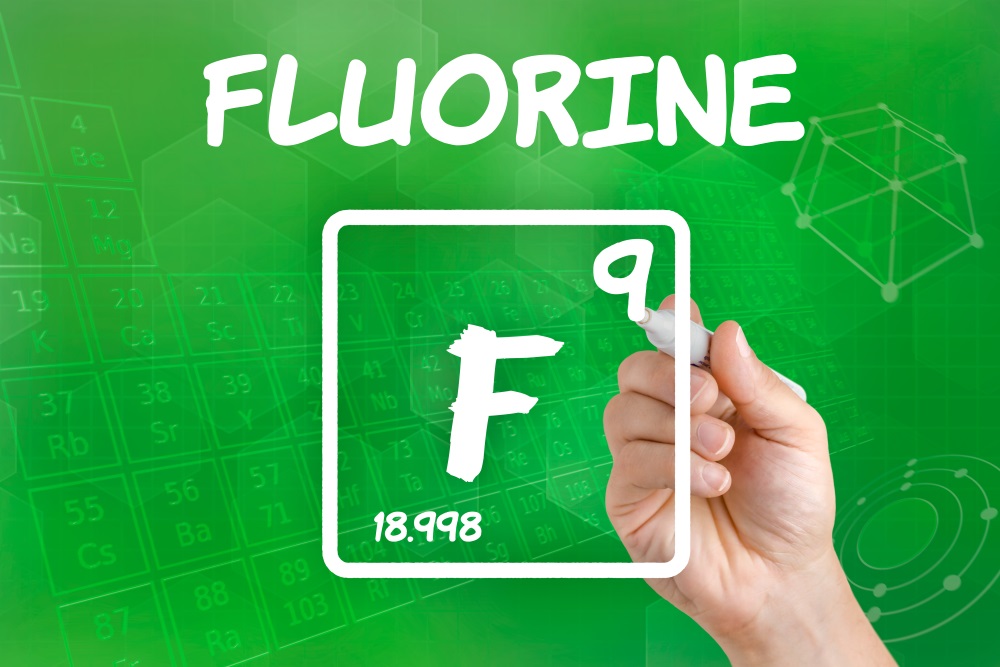Your Fluoride FAQ
Have you ever stood in the toothpaste aisle at the grocery store and been totally overwhelmed by the options?
What makes the choice hard for toothpaste is that there are so many ingredients included—and some of them with controversial news items, particularly fluoride. What is fluoride, and is it actually necessary? We know a lot of our patients are committed to “eating clean” and avoiding the use of overly-processed chemicals and ingredients. So, should you avoid using fluoride and opt for fluoride-free toothpaste, too?
To dispel myths and ensure you are protecting your teeth with every brushing, we’ve compiled a list of Frequently Asked Questions we receive from our patients. If there is any question not listed, feel free to give our office a call today!
Is fluoride natural?
Fluoride is a naturally occurring chemical ion found in rocks, soil, and water. However, it does not exist on its own in nature. To harness its benefits, it must be created though a scientific process. Harnessing the ion was a scientific achievement in the first half of the 19th century, and its benefit were discovered to be so widespread that it was added to water and toothpaste in the 20th century.
What does fluoride do for my teeth?
Fluoride protects teeth by making tooth enamel stronger and more resistant to the bacteria that feed on their outer surfaces. Fluoride actually gets into your enamel, and once there it combines with the calcium and phosphate to create a stronger outer layer.
Worn enamel can cause weak teeth that easily chip or break. Thanks to fluoride in toothpaste, teeth are stronger than ever, and there has been a significant decline in cavities since its introduction.
Where do I find fluoride?
Fluoride exists naturally and is in almost all water supplies in the U.S. That said, in many areas the fluoride levels are even further increased in water to help protect your teeth. Some experts believe that the rate of cavities has been cut by more than 25% fully due to the fluoridation of water!
In addition to water, most toothpastes also contain fluoride. The combination of fluoridated water and toothpaste has saved both patients—and state governments who administer health benefits—millions of dollars! Healthier teeth mean more money in your pocket.
For patients that are at a higher risk of developing cavities, your dentist can even provide an additional fluoride treatment. These professional treatments only take a few minutes and are much stronger than what’s available over the counter. If you have a history of cavities, talk to your dentist today about a fluoride treatment.
Is fluoride safe for children?
While fluoride is generally lauded as a great accomplishment in public health, some concerns remain about what the proper amount of fluoride is for kids. Overconsumption of fluoride in young children can lead to what’s called fluorosis. This condition exists prior to age eight and is a result of getting too much fluoride when the teeth are forming in the gums. It’s estimated that less than one in four people have this purely cosmetic condition.
Some of my friends say fluoride is still dangerous, is it true?
We have heard many stories of how fluoride can cause diseases and is “not beneficial.” However, the Centers for Disease Control and Prevention still recommends that community water systems add fluoride to their water. They also acknowledge its benefit on tooth decay. However, just with any substance—naturally occurring or not—it is important to use fluoride properly and in moderation. If you have concerns about your use, please call us today.
The advent of fluoride has been deemed one of the largest scientific advancements of the 20th century. It protects our teeth and has decreased cavities by over 25%. If you have any questions about your fluoride use or have any additional concerns, call our office today!






